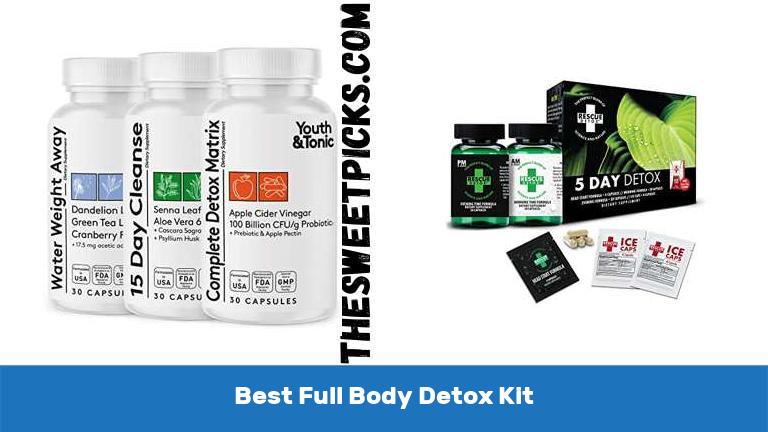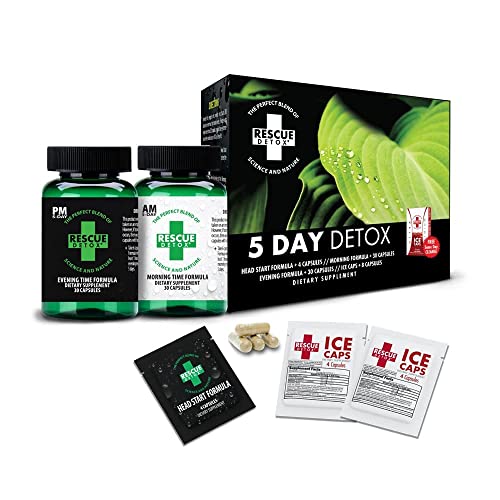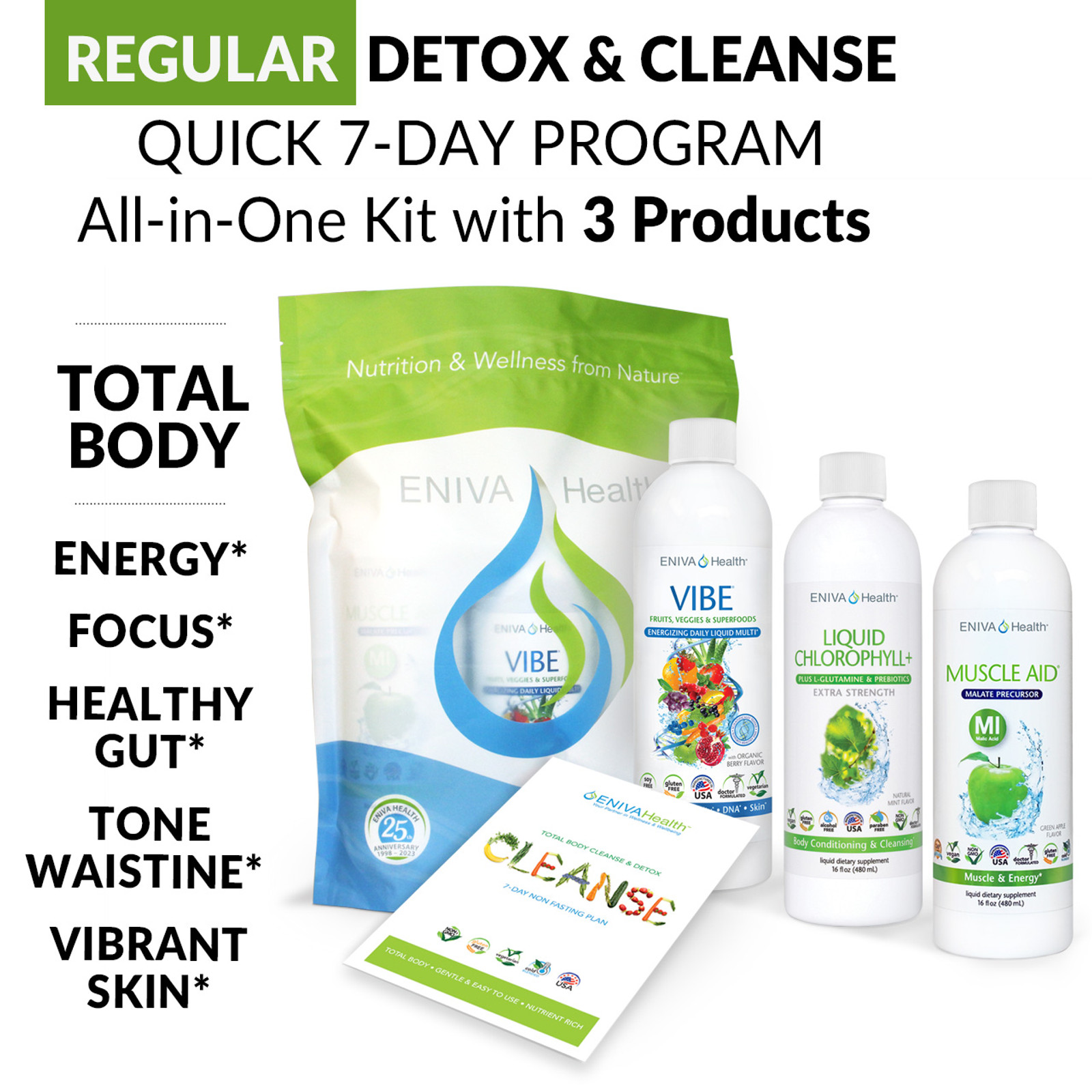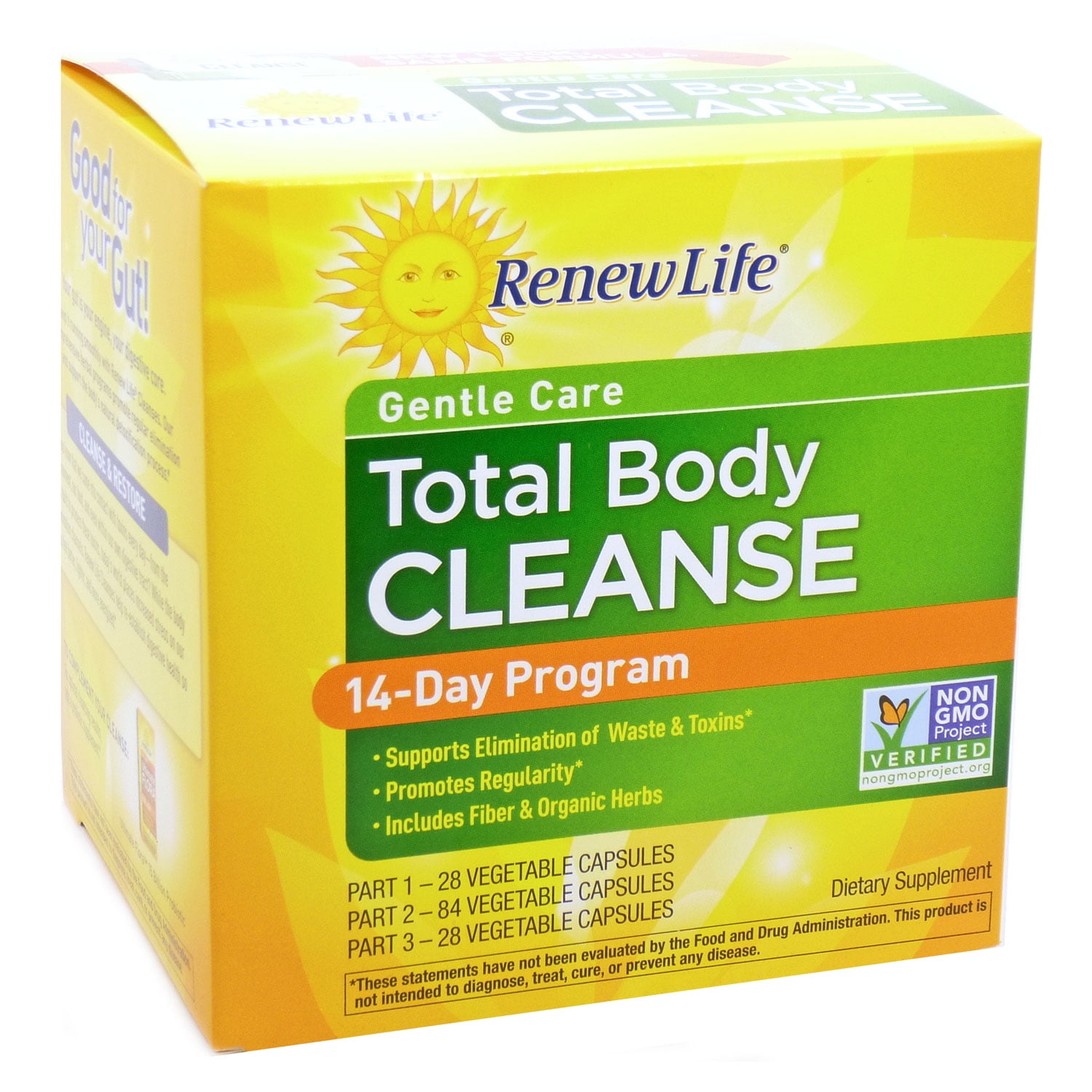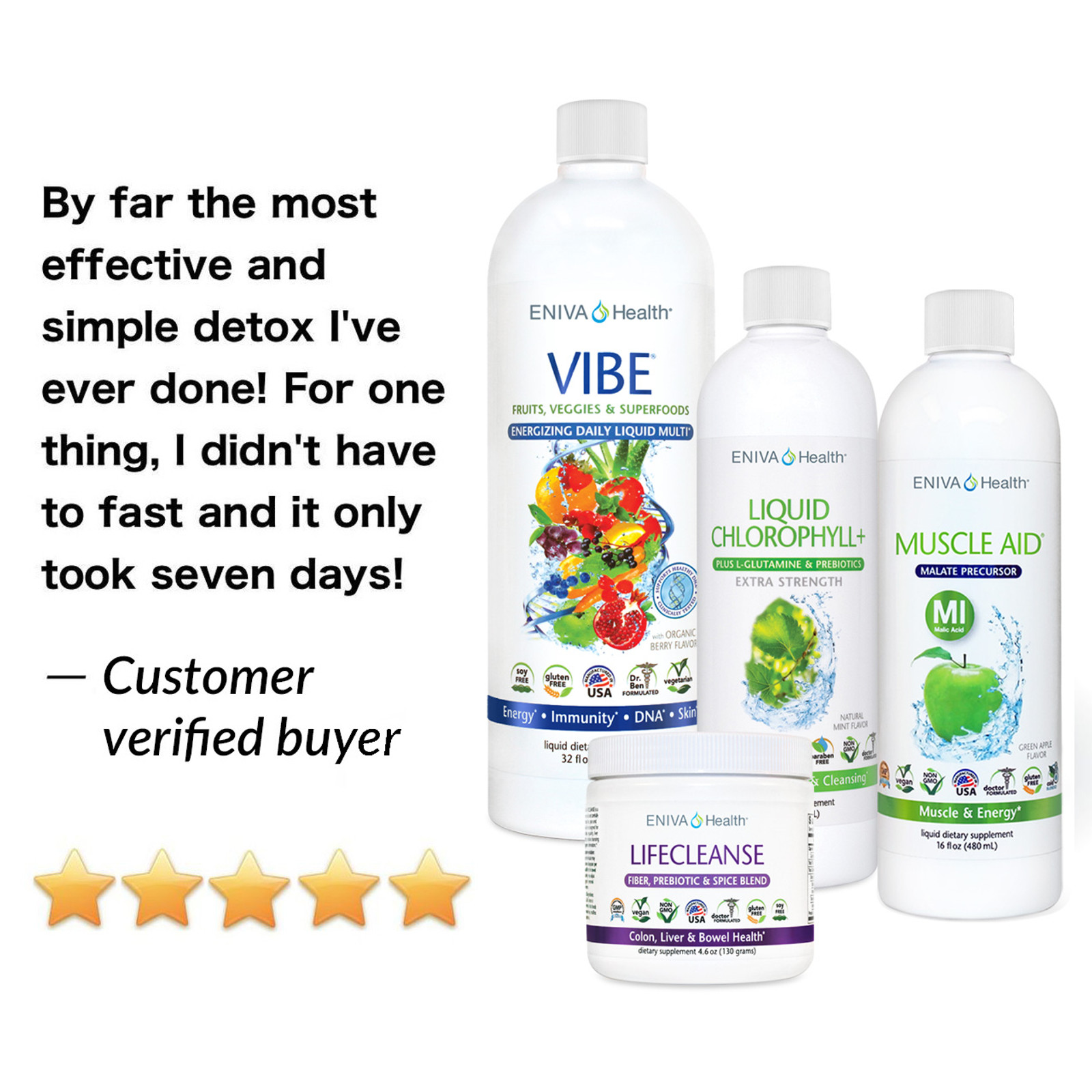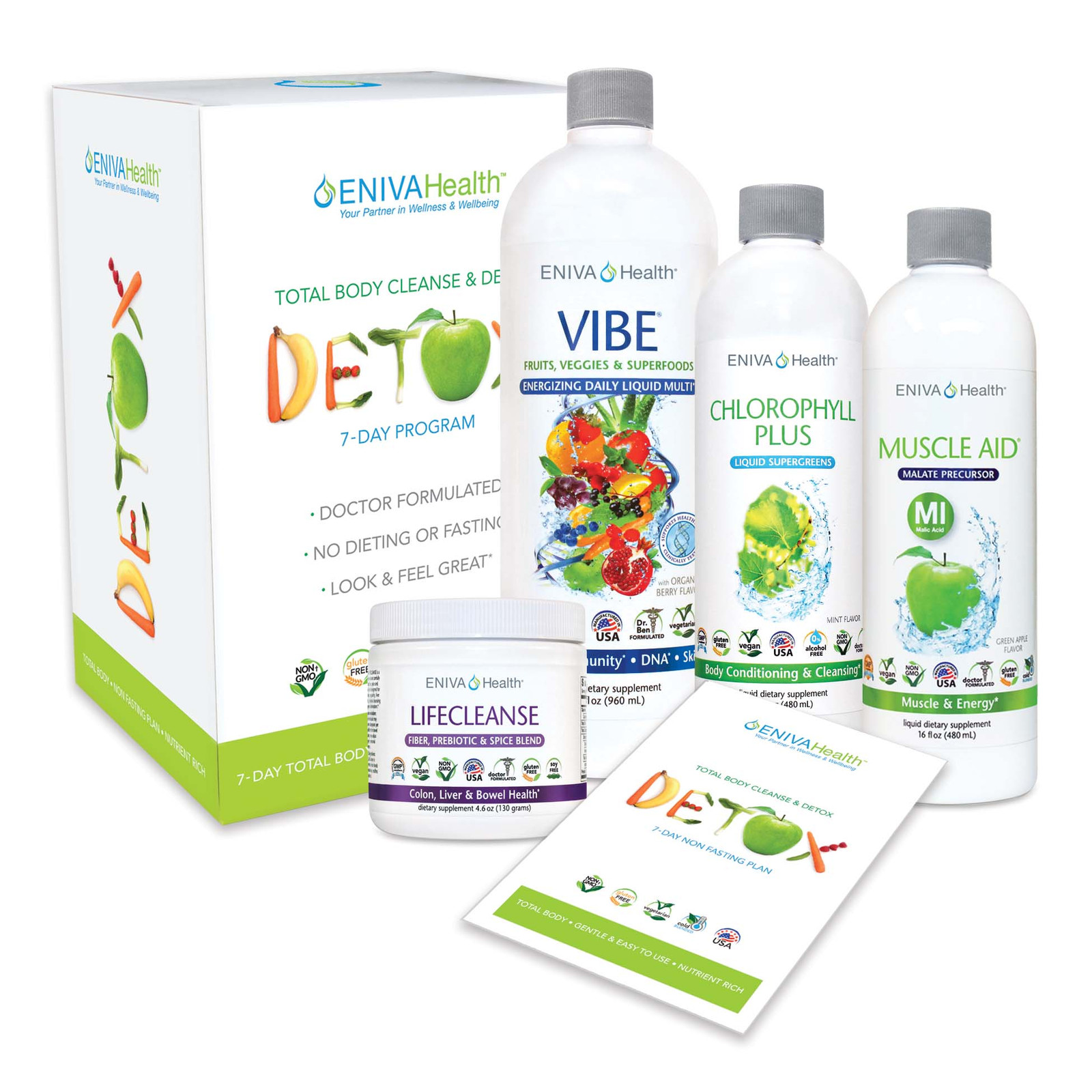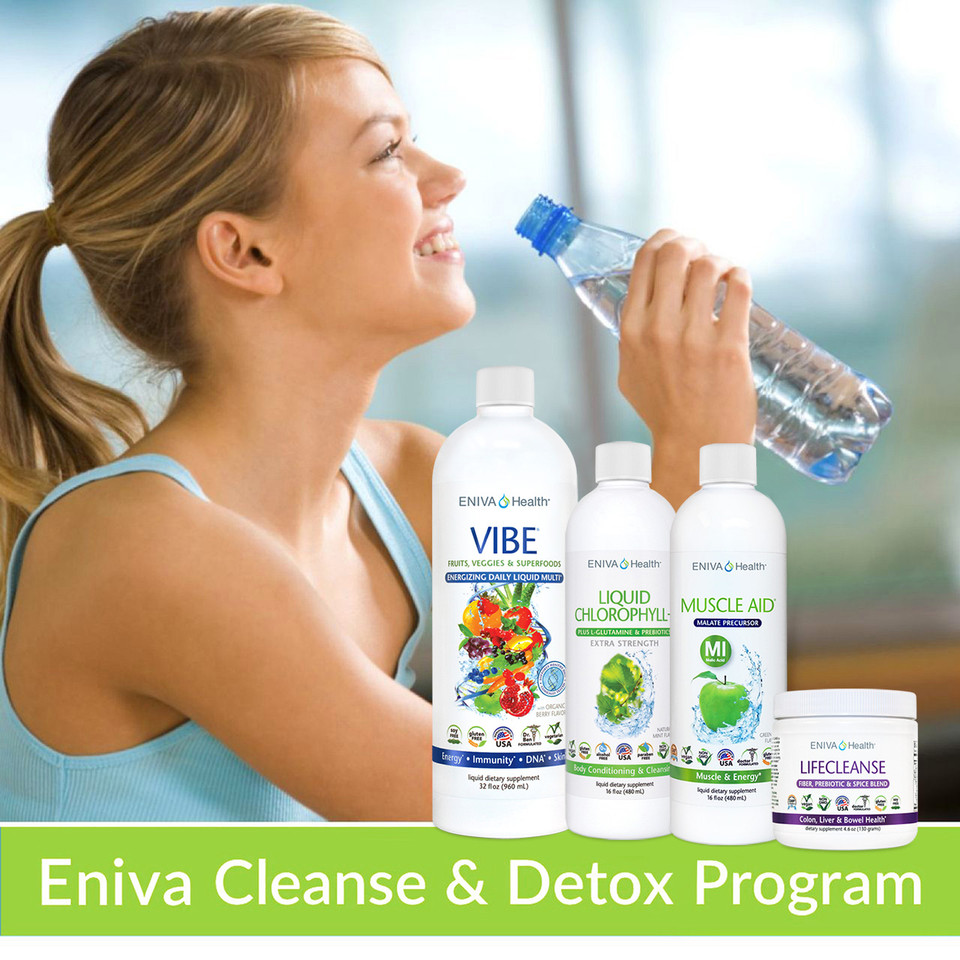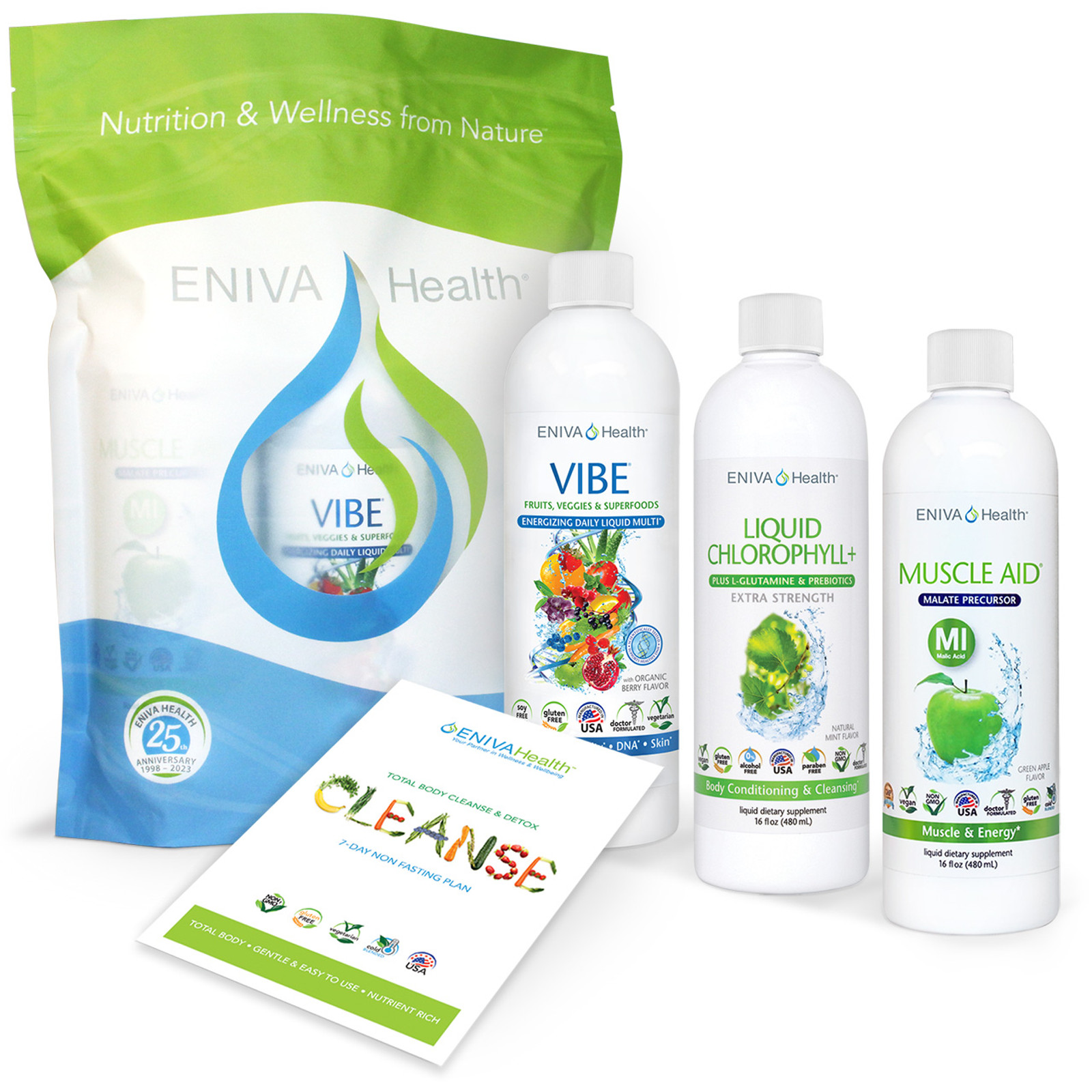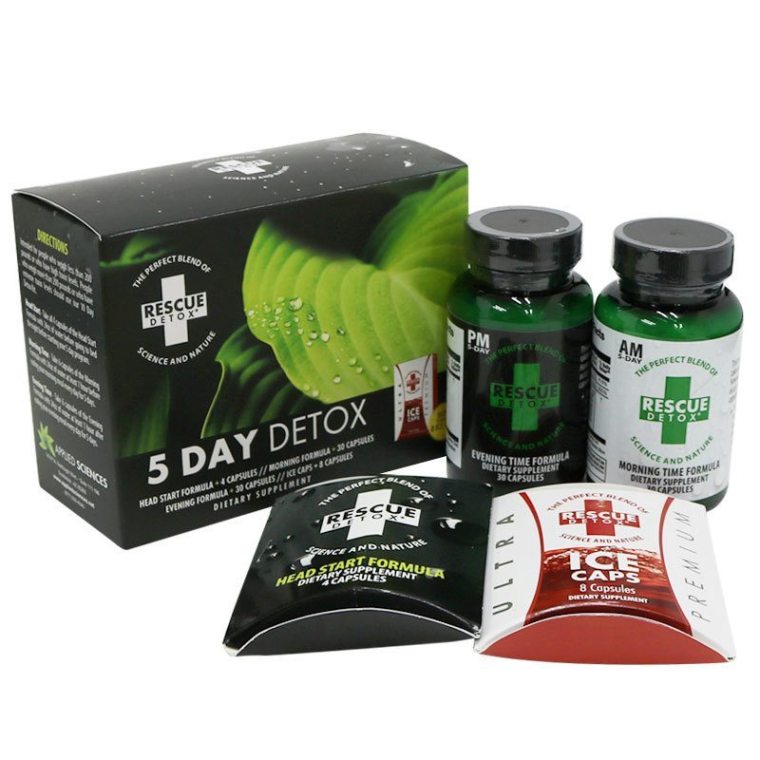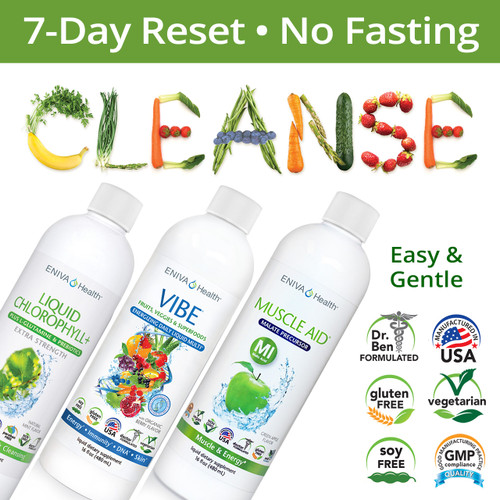Best Full Body Detox Cleanse Kit
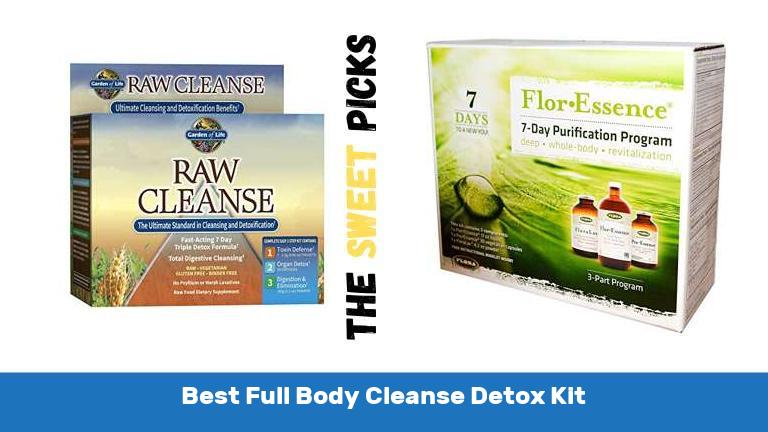
The pursuit of optimal health has fueled a multi-billion dollar industry promising quick fixes and transformative results. At the forefront of this trend are full-body detox cleanse kits, marketed as a way to rid the body of accumulated toxins and revitalize overall well-being. But amidst the alluring claims and celebrity endorsements, a critical question remains: Are these kits truly effective, or are they just capitalizing on a growing desire for a healthier lifestyle?
This article delves into the world of full-body detox cleanse kits, examining their purported benefits, ingredients, and the scientific evidence (or lack thereof) supporting their use. We will explore the potential risks associated with these products, considering expert opinions from medical professionals and nutritionists. Ultimately, this analysis aims to equip readers with the knowledge needed to make informed decisions about their health and wellness.
Understanding the Detoxification Claim
Detoxification, as the name suggests, implies the removal of toxins from the body. Proponents of detox cleanse kits often claim that these products can eliminate accumulated waste products, environmental pollutants, and processed food byproducts.
However, the human body is already equipped with highly efficient detoxification systems: the liver, kidneys, digestive system, and skin. These organs work tirelessly to filter waste and eliminate harmful substances.
The Role of the Liver and Kidneys
The liver is a central player in detoxification, processing medications, alcohol, and other potentially harmful substances. It breaks down these compounds into less toxic forms that can be eliminated.
The kidneys act as filters, removing waste products and excess fluids from the blood. They excrete these substances through urine.
These natural processes are generally sufficient to handle the everyday "toxins" encountered through normal living, assuming a balanced diet and healthy lifestyle.
Inside a Detox Cleanse Kit: Ingredients and Promises
Detox cleanse kits vary widely in their composition, but some common ingredients include herbal supplements, laxatives, diuretics, and specialized teas. The claimed benefits range from weight loss and improved digestion to increased energy levels and clearer skin.
Often, these kits promote restrictive diets, encouraging users to consume only liquids or specific foods for a set period. This calorie restriction can lead to short-term weight loss, often mistaken for a genuine "detoxifying" effect.
Many ingredients lack rigorous scientific backing for their purported detoxifying effects. Some may even interact negatively with medications or underlying health conditions.
Common Ingredients and Their Potential Effects
Laxatives are frequently included to promote bowel movements, which some interpret as the elimination of toxins. However, overuse of laxatives can lead to dehydration, electrolyte imbalances, and dependence.
Diuretics increase urine production, potentially leading to temporary weight loss through fluid depletion. Similar to laxatives, diuretics can disrupt electrolyte balance.
Herbal supplements are often touted for their antioxidant properties and potential to support liver function. However, the effectiveness of these supplements varies, and some may interact with medications or cause adverse effects. Always check with a healthcare provider before taking any herbal supplements.
The Science Behind Detox: What Does the Evidence Say?
The scientific community generally views "detox" claims with skepticism. There is limited credible research to support the notion that detox cleanse kits effectively remove toxins from the body beyond the natural detoxification processes carried out by the liver and kidneys.
Most studies evaluating the effects of specific ingredients in detox kits are either small, poorly designed, or funded by the manufacturers themselves, raising concerns about bias.
Organizations like the National Institutes of Health (NIH) emphasize the importance of a healthy diet, regular exercise, and adequate hydration for supporting natural detoxification processes. They do not endorse the use of detox cleanse kits as a means of improving health.
"The concept of 'detoxification' as promoted by many commercial products is largely unscientific," states the NIH in one of its publications regarding complementary and integrative health approaches.
Potential Risks and Side Effects
While some individuals may experience short-term benefits from detox cleanse kits, such as weight loss or improved digestion, these effects are often temporary and can be accompanied by significant risks.
Restrictive diets can lead to nutrient deficiencies, fatigue, and muscle loss. Laxative and diuretic abuse can cause dehydration, electrolyte imbalances, and kidney problems.
Certain ingredients in detox kits may interact with medications, potentially reducing their effectiveness or causing dangerous side effects. Individuals with pre-existing health conditions, such as diabetes or kidney disease, should exercise extreme caution.
When to Seek Medical Attention
If you experience any of the following symptoms while using a detox cleanse kit, seek medical attention immediately: severe abdominal pain, nausea, vomiting, dizziness, or irregular heartbeat.
These symptoms could indicate a serious electrolyte imbalance, dehydration, or adverse reaction to one or more of the ingredients in the kit.
A Balanced Perspective: Alternatives to Detox Kits
Instead of relying on quick-fix detox kits, a more sustainable and evidence-based approach to health involves adopting a healthy lifestyle.
This includes eating a balanced diet rich in fruits, vegetables, and whole grains; getting regular exercise; staying adequately hydrated; and managing stress effectively.
Focus on supporting the body's natural detoxification processes through healthy habits, rather than resorting to potentially harmful or ineffective products. Consult with a healthcare professional or registered dietitian for personalized advice on nutrition and wellness.
Looking Ahead: Regulation and Consumer Awareness
The detox industry remains largely unregulated, allowing manufacturers to make unsubstantiated claims without facing significant consequences. Increased consumer awareness and stricter regulations are needed to protect individuals from misleading marketing and potentially harmful products.
Educating consumers about the body's natural detoxification processes and the importance of evidence-based health practices is crucial. Encouraging critical thinking and skepticism towards unsubstantiated health claims can empower individuals to make informed decisions about their well-being.
Ultimately, true health and wellness come from sustainable lifestyle changes, not from quick-fix solutions. Investing in long-term health through a balanced diet, regular exercise, and a healthy lifestyle is the most effective path to lasting vitality.

